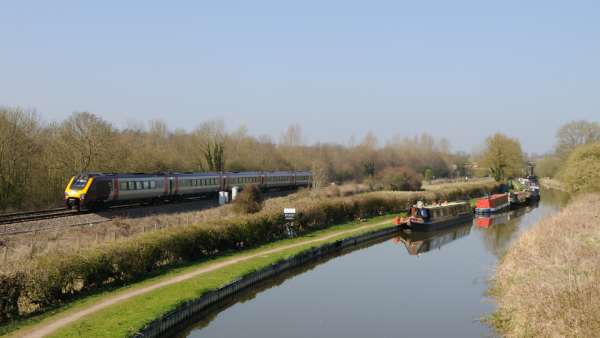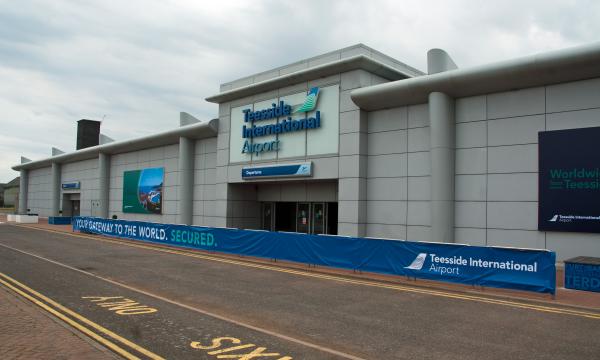Report
This is the official closure document for the Beach Energy efficient Access Clusters for High demand (BEACH) project which forms part of the Open Network Ecosystem (ONE) Department for Science, Innovation and Technology competition. It was launched by the UK Government during 2023. The Beach Project consortium was led by IONX (formerly Dense Air) while partnering with West Sussex County Council (WSCC), Radisys UK Limited, University of Glasgow (UOG) and Sitenna. The strategic aim of the BEACH Project was to create an optimised and scalable solution for High Demand Density (HDD) deployment scenarios based on shared small cell networks, constructed within an O-RAN (Open Radio Access Network).
The JOTS specification has just been completed by UK mobile operators and set out a set of security requirements and recommendations for Neutral Hosts to align to. The BEACH project took paper specifications and built a physical implementation of the JOTS framework and included the required security framework and functionality.
Research and development were planned to take place in several areas:
1. Create a 5G small cell prototype for testing neutral host sharing technology. It aimed to incorporate a new 5G chipset to meet small cell requirements.
2. A new neutral host platform: “cellShare” to enable hosting of multiple Mobile Network Operators (MNOs) on shared infrastructure to provide coverage for all MNOs across a deployment.
3. Develop energy efficiency simulation and bench testing to evaluate energy efficiency of 5G Networks. Taking ORAN and traditional network energy efficiency models, RAN intelligent controller (RIC) simulation.
4. Enhancement to IONX’s denseWare platform with an interface linking Sitenna’s asset management to accurately identify assets with an overlay of current network.
5. A network performance application with ability to provide data on cell installation, network performance and user numbers.









